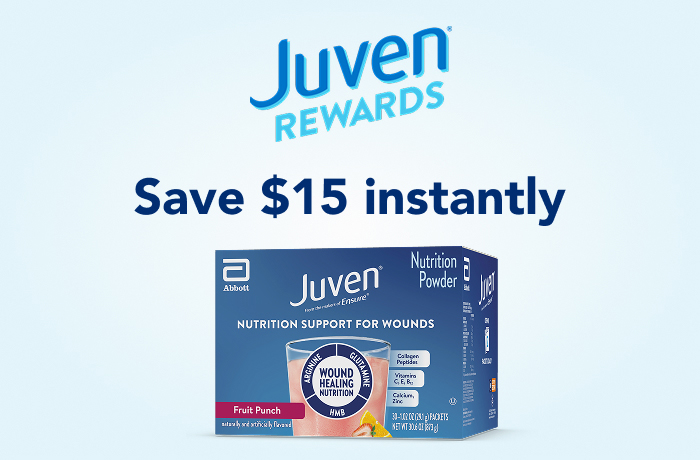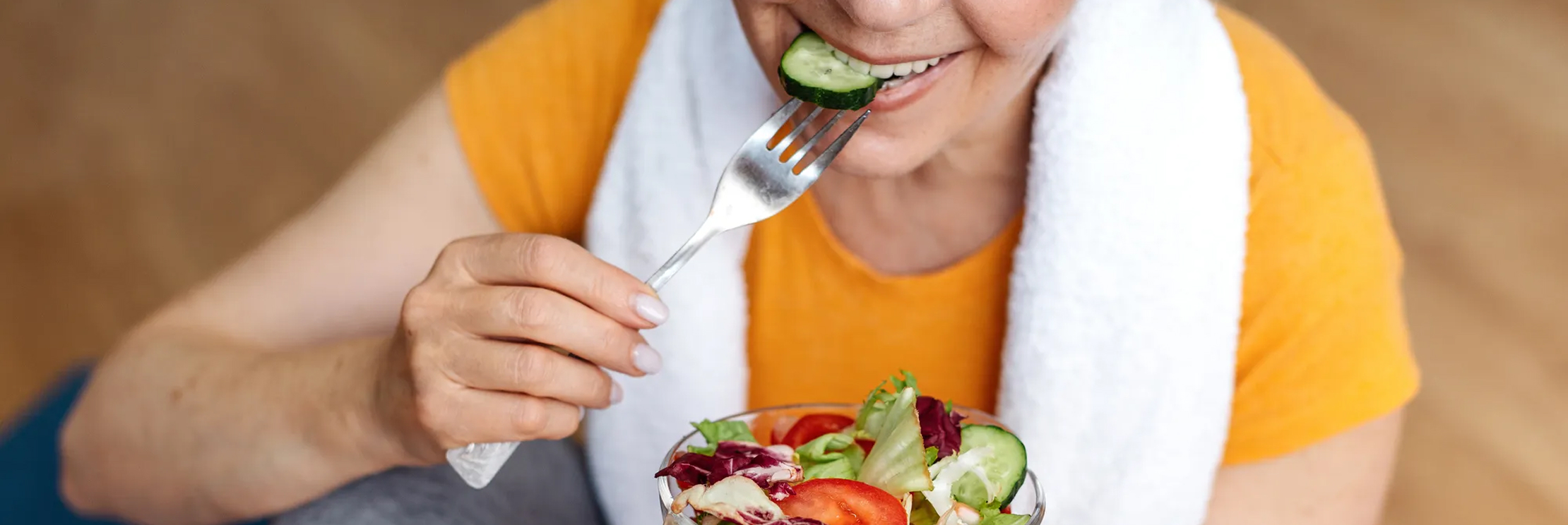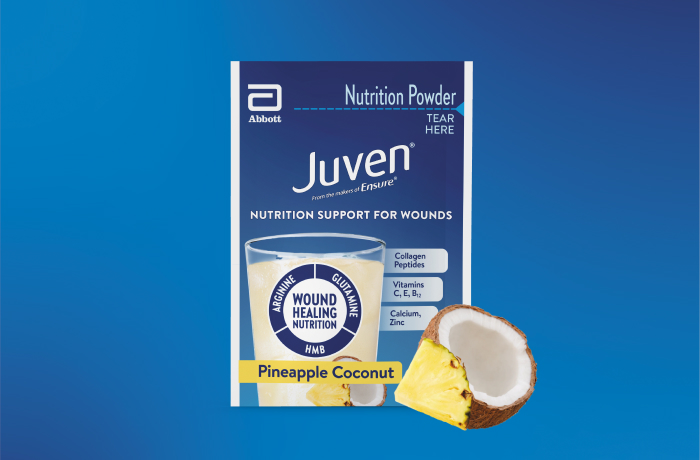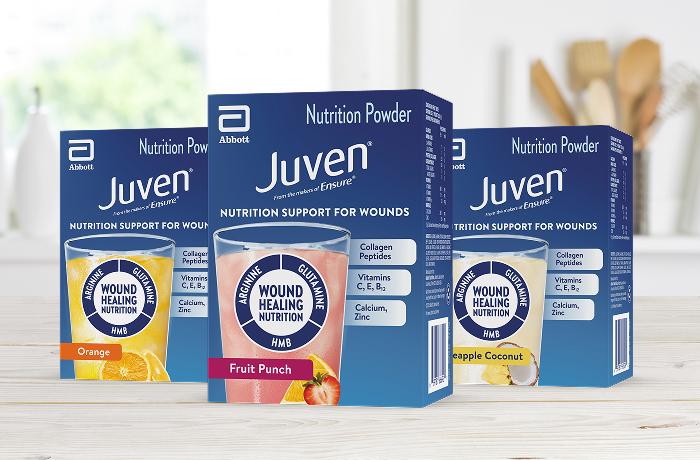
An acute wound is something that happens suddenly—a surgical incision, a burn, or some other kind of trauma that results in an open wound. Under healthy circumstances, wounds are typically acute and progress normally through the healing stages.
Chronic or nonhealing wounds are wounds that have not made healing progress for >30 days. Diabetic foot ulcers and pressure injuries are examples of wounds at higher risk of becoming chronic. Chronic wounds affect more than 6 million people in the US and the healing process can be more complicated. “Chronic wounds fail to progress through the normal stages of healing and are often signs of an underlying health or nutritional issue,” explains Jeff Nelson, PhD, a senior research scientist at Abbott.
Wounds may be slow to heal even with proper nutrition, moving them from acute to chronic status and resulting in more serious complications, such as impaired wound healing and risk of infection.





